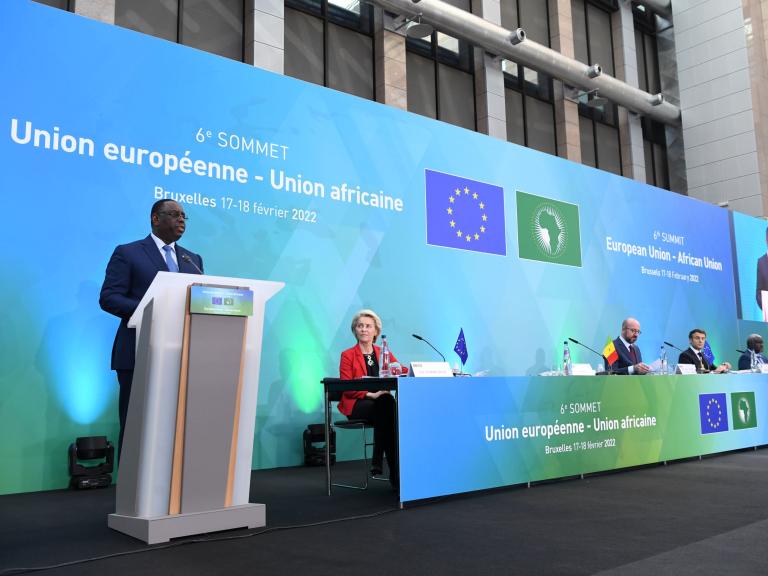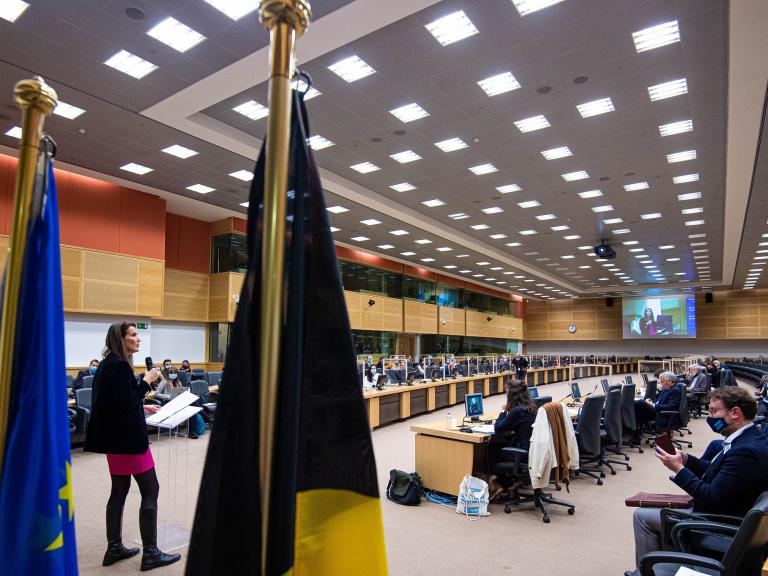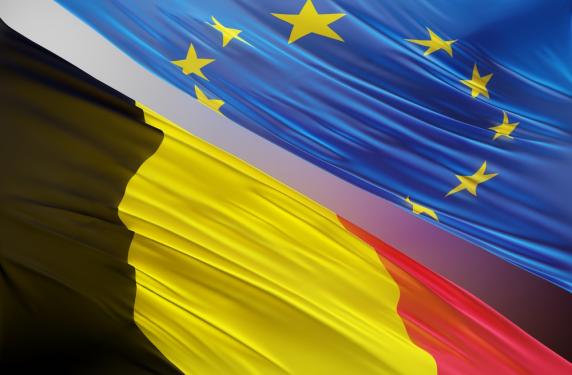-
Last updated on

© Shutterstock
In brief
In February 2020, the European Commission launched the European Digital Policy, with a range of thematic and legislative initiatives in the digital arena. Together with the Green Deal, the digital strategy forms the twin transition, with the aim of transforming the European economy into a sustainable economy and a society of the future.
Three years later, the EU has made good progress in various areas of this ambitious agenda. At the legislative level, for example, the Digital Services Act (DSA) is being implemented, the Digital Compass / Digital Decade 2030 with the accompanying national roadmaps has been launched, and the AI Act has entered its final phase with trilogues with the European Parliament. Funding programmes including Digital Europe (DEP), Connecting Europe Facility (CEF) and European Digital Infrastructure Consortium (EDIC) are supporting concrete initiatives in digital themes.
The EU can therefore rely on a robust and coherent legal framework, as well as ambitious funding programmes, to continue rolling out the digital transition. Europe has equipped itself with the tools to further develop and convey its digital open strategic autonomy at the international level, always based on European values, with people as the focus.
The Belgian Presidency will continue this legislative agenda, and finalise several crucial dossiers of the legislative agenda by the end of this European legislature in 2024, and will also help flesh out the programme of the next European legislature.
Following the 'legislative wave' of the current legislature, the focus of the next European legislature will need to shift to implementation, enforcement and governance. The impact and necessary investment for companies to comply with the (new) European rules and requirements should not be underestimated in this regard. Digital themes are also becoming increasingly important in the EU's international relations with third countries, including in international forums such as the UN, but also in the EU's trade relations.
Objectives for Belgium
Belgium subscribes to the importance of the digital strategy, with the development of new technologies, a functioning single digital market and open data management according to a uniquely European approach. This always with an eye on the role and place of SMEs, crucial to Belgian's economy, in the digital ecosystem and supporting SMEs in their further digitisation; the need for adequate funding (Digital Europe Programme (DEP), Connecting Europe Facility (CEF), MFF, Horizon Europe); respect for privacy, the need for e-skills (upskilling/reskilling), and with a good balance between costs and benefits (cyber security).
Belgium also supports the promotion and development of a stable framework for data infrastructure, as well as securing and harmonising the digital market. The goal is to foster European competitiveness while reducing market fragmentation. The principles of interoperability, connectivity and transferability are critical to this infrastructure, as is incorporating ethical rules which are consistent with data protection.
Given Belgium's calls for further digitisation, it regularly joins initiatives of other Member States that share Belgian priorities. Belgium therefore wants to defend Belgian interests by cooperating with other EU Member States. As such, Belgium remains positive towards the European project.

EU-AU summit: two unions, one vision
In Brussels, the European and African Union developed a hopeful plan for the future that should bring prosperity and stability t...

EU: more democracy in practice
Geography teacher Rafik Kiouah talks about his participation in a Belgian citizens' panel on a more democratic EU as part of the...

The EU joins forces for external action
The European Union is combining various funding channels into a single instrument: Global Europe. The simplification will give t...
